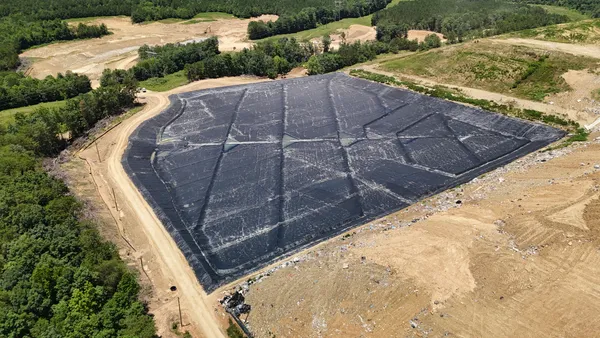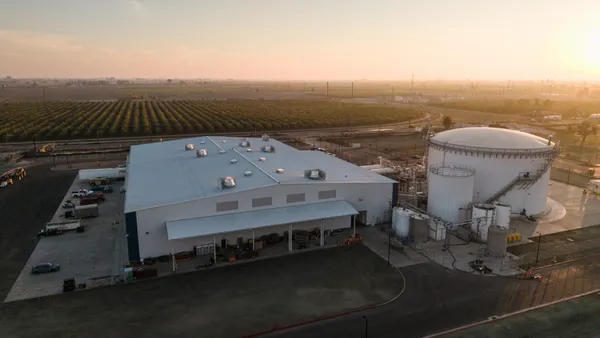Dive Brief:
- Perry Moss, who was named the CEO of waste broker Quest Resource Management Group last month, said he plans to refocus the company's culture to move on from a difficult year. “we're at the point now where my style can benefit the company,” Moss said. “To take Quest to the next stage requires a change in culture.”
- Quest is in the midst of offloading a mall tenant business it acquired in 2021 and refocusing on larger clients, especially in the industrial and manufacturing sectors. It anticipates a 15% reduction in workforce due to the sale and other internal layoffs.
- As part of its internal reset, Quest is implementing a new vendor management system that Moss said should prevent some of the missteps the company faced last year. His management team is also resetting internal benchmarks to improve employee performance.
Dive Insight:
Quest reported near-stagnant revenue growth and poor margin performance in the fourth quarter of 2024 in its earnings release in March. Its annual revenue was $288.5 million in 2024, per its annual report. The company also reported in March that its longtime CEO Ray Hatch would be stepping aside and Moss, formerly the company's chief revenue officer, would be stepping in as CEO.
Moss previously held senior leadership roles at Rubicon Technologies and Oakleaf Holdings.
Moss praised Hatch in an interview last week, saying he "developed a great culture at Quest." But Moss said his own strength in focusing on operations and process could help take the company to the next level.
"Ray's focus has really been on developing very strong and beneficial relationships with our customers. So we'll obviously continue that, but my focus is going to be bringing a performance culture to Quest where we're going to attempt to excel in everything that we do," Moss said.
On Quest's earnings call in March, analysts were critical of the company's strategy and decision to buy RWS, another asset-light commercial broker which brought Quest the mall tenant business, in 2021. Moss said Quest will "need to be very thoughtful" about future acquisitions following its experience with RWS, though he noted that the mall business was "just a small part of that acquisition."
Quest is finalizing a sale of the mall tenant portion of the RWS book of business. Moss said ”the tenant model just didn't fit” Quest's strengths, but the company could drive organic growth through “large, enterprise businesses.”
"It’s a very difficult business to manage, it really requires having people at these malls," Moss said.
Besides that challenge, the company also reported booking eight "significant" new clients in 2024. While Quest does not publicly name its clients, Moss shared that they span multiple industry sectors and were "seven- and eight-figure annual contracts" that are national accounts.
Onboarding that much business also stressed the company's resources, Moss said.
"It did expose some flaws, nothing significant," Moss said. "There’s nothing broken in the company."
Across Quest's total client base, its largest segment by volume and revenue is manufacturing and industrial, Moss said. That segment is characterized by larger individual contracts, meaning other segments may have higher numbers of customers.
In 2025, Moss is hoping Quest will gain as many or more clients as it did in 2024 while improving the company's underlying fundamentals. Executives previously disclosed on the earnings call that Quest would also not be prioritizing acquisitions as it focused on internal growth.
"Frankly I’m very bullish on the future for Quest," Moss said. "I expect that we will be providing more consistency in our financials in 2025."













